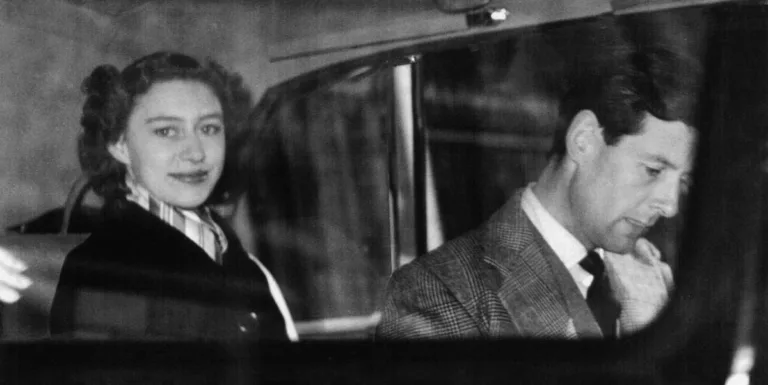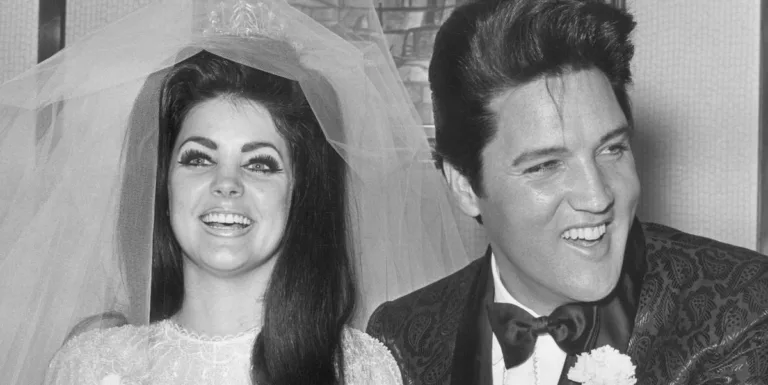Welcome to the fascinating world of Charles Dickens! He was a literary giant who captured the hearts and minds of readers with his unforgettable stories. Dickens wasn’t just a storyteller; he was a social commentator who used his novels to shed light on the harsh realities of Victorian England.
Born in 1812, Dickens’ own life experiences deeply shaped his writing. He witnessed poverty and hardship firsthand, which fueled his passion for exposing Social Injustices. His characters are so real, So Vividly Drawn, that you feel like you know Them Personally. From the charming Oliver Twist to the unforgettable Miss Havisham, Dickens created a cast of memorable individuals who continue to resonate with Readers Today.
Charles Dickens biography reveals a man who was both deeply compassionate and fiercely observant. He used his writing as a platform to advocate for the less fortunate and to challenge the status quo. His legacy endures because his stories Speak To Universal Human Experiences – love, loss, hope, and despair – themes that will always hold meaning for generations to come.
Early Life and Influences
Charles Dickens’ early life was far from idyllic. Born in Portsmouth, England, in 1812, he experienced poverty and hardship from a young age. His father’s financial struggles led to the family’s imprisonment for debt when Charles was Just Twelve Years Old. This traumatic experience left a lasting impact on him, shaping his understanding of social inequality and the plight of the underprivileged.
Despite these challenges, Dickens possessed a keen intellect and a love for learning. He devoured books at every opportunity, developing a passion for storytelling that Would Later Define His Life’s work. Even as a child, he displayed a talent for writing, crafting humorous sketches and performing them for family and friends. These early experiences sowed the seeds for his future success as a novelist.
The harsh realities of Victorian England, with its stark contrasts between wealth and poverty, served as a constant backdrop to Dickens’ upbringing. He witnessed firsthand the suffering of the working class and became deeply Concerned About Social Injustices. These observations would later fuel his writing, giving his novels their powerful social commentary and enduring relevance.
Journalism to Literary Success
After a brief stint working in a blacking factory as a young boy, Dickens turned to journalism to support himself and his family. He began writing for various newspapers and magazines, honing his skills as a reporter and developing a keen eye for detail. His sharp wit and ability to capture the essence of everyday life Quickly Gained Him Recognition.
Dickens’ journalistic experiences proved invaluable to his Literary Career. They exposed him to a wide range of people and perspectives, providing him with rich material for His Novels. He learned the importance of storytelling, crafting engaging narratives that captured the attention of readers. His early success in journalism paved the way for his transition into Fiction Writing.
Dickens’ First Novel, “The Pickwick Papers,” published in installments starting in 1836, was a resounding success. It launched him to literary fame and established him as a master storyteller. The public eagerly devoured his tales of social commentary and heartwarming human drama. His novels became instant bestsellers, solidifying his place as one of the most popular authors of his time.
 Charles Manson Biography: Cult Leader & Infamous Murders
Charles Manson Biography: Cult Leader & Infamous MurdersSocial Commentary and Themes
Dickens’ novels are more than just captivating stories; they are powerful social commentaries that shed light on the injustices and inequalities of Victorian England. He wasn’t afraid to tackle difficult subjects Like Poverty, Child Labor, and the plight of the marginalized. Through his vivid characters and compelling plots, he exposed the harsh realities faced by many in society and called for reform.
One recurring theme in Dickens’ works is the importance of compassion and empathy. He believed that everyone deserved kindness and understanding, regardless of their social status or circumstances. His characters often demonstrate these values, offering support to those in need and fighting against injustice. Dickens reminds us that even in the darkest of times, human connection and compassion can make a difference.
Another central theme is the power of redemption. Many of his characters struggle with past mistakes or difficult circumstances but ultimately find a path towards forgiveness and self-improvement. Dickens believed in the inherent goodness within people and showed how individuals could overcome adversity through perseverance and the support of others. His stories offer hope and inspire us to strive for personal growth.
Notable Works and Characters
Dickens’ literary legacy is built on a treasure trove of unforgettable novels and characters that continue to captivate readers worldwide. Among his most celebrated works are “Oliver Twist,” a poignant tale of an orphan boy navigating the harsh realities of Victorian London; “A Tale Of Two Cities,” a sweeping historical drama set during The French Revolution, exploring themes of love, sacrifice, and redemption; and “Great Expectations,” a coming-of-age story that follows the journey of Pip, an ambitious young man who encounters both love and betrayal.
Each novel is populated with iconic characters that have become ingrained in Popular Culture. From the endearing Oliver Twist to the unforgettable Miss Havisham, Dickens’ creations are vividly drawn and deeply human. They grapple with complex emotions, Face Challenging Circumstances, and ultimately teach us valuable lessons About Life, love, and the human condition.
Dickens’ masterful storytelling and ability to breathe life into his characters have ensured that his works remain relevant and enduring. They continue to be adapted for stage and screen, reminding audiences of the power of literature to transport us to different worlds and explore universal themes that Resonate Across Generations.
Enduring Impact and Legacy
Charles Dickens’ influence extends far beyond his prolific body of work. His novels continue to be read and studied worldwide, inspiring generations of writers and readers alike. His sharp social commentary and captivating storytelling have left an indelible mark on literature and popular culture.
Dickens’ legacy is evident in the countless adaptations of his works for stage, screen, and radio. His characters have become iconic figures, recognized and celebrated across different cultures. His impact can also be seen in the ongoing efforts to address the social issues he so eloquently portrayed, reminding us that literature has the power to inspire change and promote understanding.
The enduring popularity of Dickens’ works speaks volumes about his timeless appeal. His ability to capture the complexities of human nature, Explore Universal Themes, and weave captivating narratives continues to resonate with readers today. Dickens remains a literary giant whose influence will undoubtedly be felt for generations To Come.










